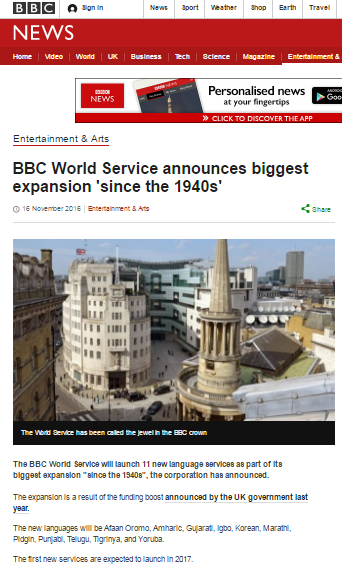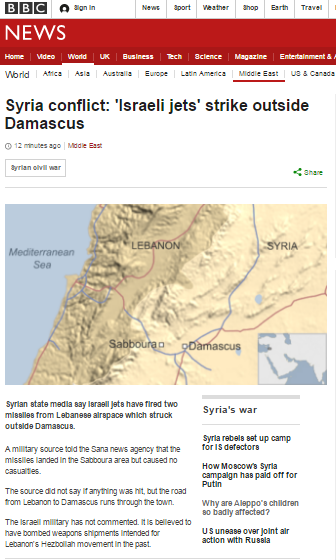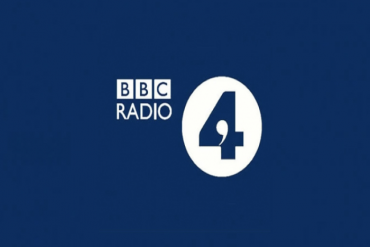As readers may be aware, the BBC recently announced the expansion of its foreign language services.
“The BBC World Service will launch 11 new language services as part of its biggest expansion “since the 1940s”, the corporation has announced. […]
The new languages will be Afaan Oromo, Amharic, Gujarati, Igbo, Korean, Marathi, Pidgin, Punjabi, Telugu, Tigrinya, and Yoruba.
The first new services are expected to launch in 2017.”
With that announcement meaning that the BBC will be broadcasting in forty foreign languages, the longstanding issue of the accuracy and impartiality of content produced by the BBC’s foreign language services is obviously of interest.
The BBC World Service Operating Licence published in November 2016 does not clarify the mechanism by which adherence to the four relevant BBC public purposes or compliance with editorial standards of accuracy and impartiality are to be ensured for broadcasts in foreign languages although the licence does state that:
“As far as is relevant, the editorial standards that apply to the BBC’s UK Public Services apply equally to the BBC’s international services.”
The BBC World Service webpage directs members of the public wishing to make complaints to the general online complaints form. However, in our experience when complaints have been made about foreign language reports (for example, this one in Persian), the BBC complaints department has declared itself unable to deal with the complaint and suggested contacting the department which produced the programme.
With OFCOM set to take over later stage handling of complaints from the BBC next year, the issue of the technical ability to handle complaints concerning foreign language content at both early and advanced stages is clearly one which needs to be addressed and clarified to members of the BBC’s funding public.
Related Articles:
BBC headlines for same story differ according to target audiences
BBC Arabic misleads on naval blockade of Gaza Strip
Why is BBC Arabic feeding its audiences politicised terminology?




